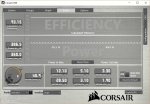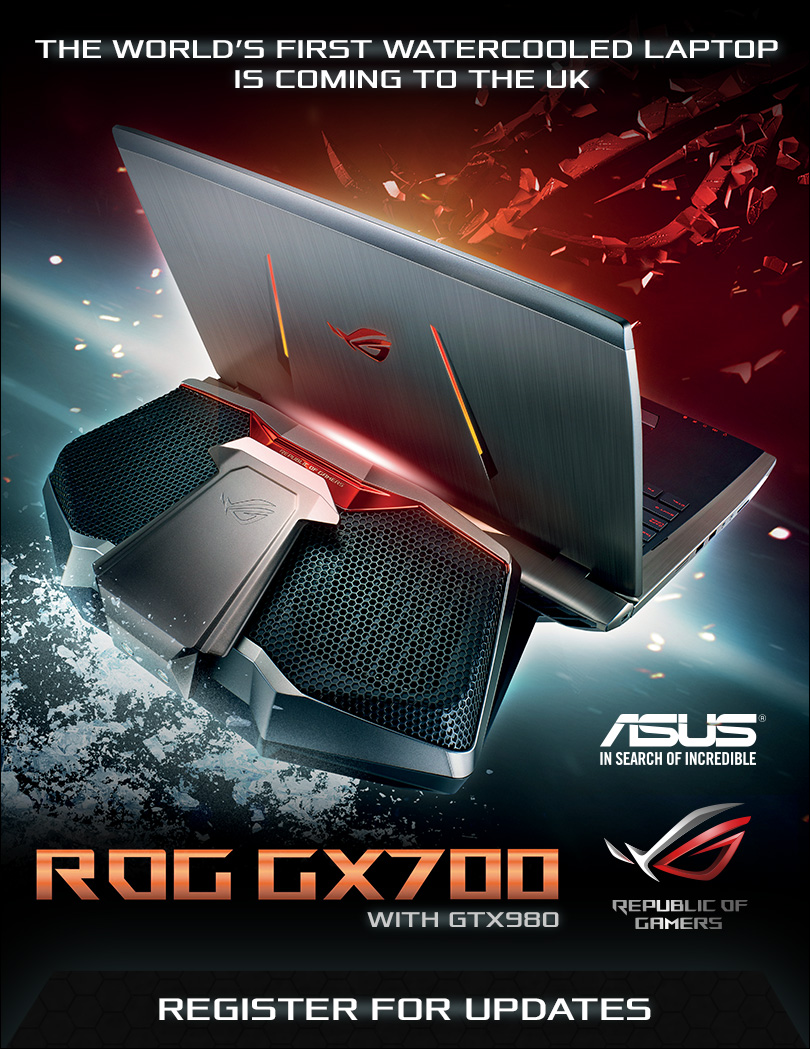I'm looking at the configuration below for a possible Windows gaming PC for Horizons and for video capture from the game for my "DarkenSpace" series. As it has been over ten years since I have looked at Windows PC hardware, I am very much in the dark about it in a number of areas, and would appreciate any input.
My goal is to run the game at 1080p (for now, since that's the resolution of my video series ... I simply don't have the Internet bandwidth to update 1440p episodes to YouTube) at maxed-out quality settings and with a sufficiently high frame rate to at least guarantee 30 fps in all scenarios (and hopefully closer to 60 fps). Eventually I'll probably get a 2k monitor, but I don't see myself ever going to 4k or a multi-monitor or VR setup (my eyes aren't that good, and looking around at multiple monitors or wearing a VR headset would make me dizzy due to inner ear issues). This PC will be pretty much exclusively a gaming and video capture system.
My questions and concerns are:
Some people suggest that the older X99 chipset is a superior option to the Z170. As far as I can tell, this is primarily because of the X99 having more PCIe lanes, and the primary benefit of that seems to be for massively SLI GFX card combinations. As I said above, I have my doubts that I'll ever want to stack up multiple GFX cards, so that is why I am inclining toward the newer Z170 chipset and its support for newer, cooler running CPUs ... but am I missing something?
Will a single 6GB GTX 980 Ti give me the graphics quality and performance I am looking for at the same time as recording gaming sessions via ShadowPlay?
Will installing the game into a physical hard drive rather than an SSD make any significant difference in Horizons performance? (I'm not concerned about game startup time, just about in-game performance once things are loaded, and I cannot afford an SSD large enough to store games and video captures.)
Is a 1000w PSU sufficient for this configuration? Or maybe even overkill ... could I drop down to 850w without inviting problems?
I have read that an i5 CPU might be quite sufficient for Horizons, but as I said, I want to make sure I can simultaneously do video capture. And I also want to be able to run other games well that might be more CPU-bound, so my inclination is to go with the i7 CPU, since the price difference isn't huge.
I am assuming that 16GB of system RAM is sufficient for my current needs. I should be able to add more in the future easily enough if the need arises.
I'm not thrilled about some aspects of Windows 10, but I want to have the latest DirectX versions available for future games, so I'm under the impression that W10 is the way forward in that area. And I expect to use this system for quite a few years, so putting an already-aged Windows 7 on it seems like a bad idea.
Barring any unforeseen developments, I'd like to order this by sometime next week. Until then, any thoughts would be much appreciated!
My goal is to run the game at 1080p (for now, since that's the resolution of my video series ... I simply don't have the Internet bandwidth to update 1440p episodes to YouTube) at maxed-out quality settings and with a sufficiently high frame rate to at least guarantee 30 fps in all scenarios (and hopefully closer to 60 fps). Eventually I'll probably get a 2k monitor, but I don't see myself ever going to 4k or a multi-monitor or VR setup (my eyes aren't that good, and looking around at multiple monitors or wearing a VR headset would make me dizzy due to inner ear issues). This PC will be pretty much exclusively a gaming and video capture system.
- Mid-tower case, liquid cooled
- MSI Z170A Gaming M9 ACK motherboard
- Core i7 6700K 4x 4.0GHz (4.2GHz Turboboost)
- 6GB NVIDIA GeForce GTX 980Ti
- 16GB DDR4 Kingston 2666MHz (2 x 8GB)
- 250 GB Samsung 850 Evo Series SSD primary OS drive
- 4TB WD Digital Caviar Black game and video capture drive
- 1000 watt Corsair RM1000 PSU
- Windows 10 Home OS
My questions and concerns are:
Some people suggest that the older X99 chipset is a superior option to the Z170. As far as I can tell, this is primarily because of the X99 having more PCIe lanes, and the primary benefit of that seems to be for massively SLI GFX card combinations. As I said above, I have my doubts that I'll ever want to stack up multiple GFX cards, so that is why I am inclining toward the newer Z170 chipset and its support for newer, cooler running CPUs ... but am I missing something?
Will a single 6GB GTX 980 Ti give me the graphics quality and performance I am looking for at the same time as recording gaming sessions via ShadowPlay?
Will installing the game into a physical hard drive rather than an SSD make any significant difference in Horizons performance? (I'm not concerned about game startup time, just about in-game performance once things are loaded, and I cannot afford an SSD large enough to store games and video captures.)
Is a 1000w PSU sufficient for this configuration? Or maybe even overkill ... could I drop down to 850w without inviting problems?
I have read that an i5 CPU might be quite sufficient for Horizons, but as I said, I want to make sure I can simultaneously do video capture. And I also want to be able to run other games well that might be more CPU-bound, so my inclination is to go with the i7 CPU, since the price difference isn't huge.
I am assuming that 16GB of system RAM is sufficient for my current needs. I should be able to add more in the future easily enough if the need arises.
I'm not thrilled about some aspects of Windows 10, but I want to have the latest DirectX versions available for future games, so I'm under the impression that W10 is the way forward in that area. And I expect to use this system for quite a few years, so putting an already-aged Windows 7 on it seems like a bad idea.
Barring any unforeseen developments, I'd like to order this by sometime next week. Until then, any thoughts would be much appreciated!




